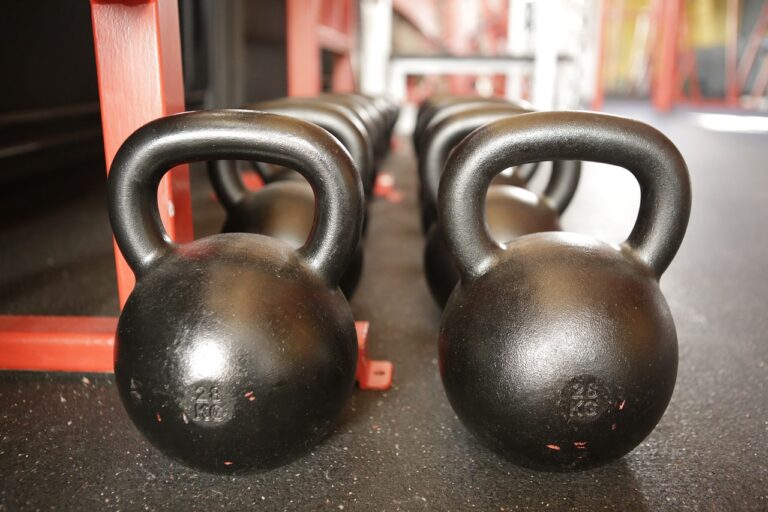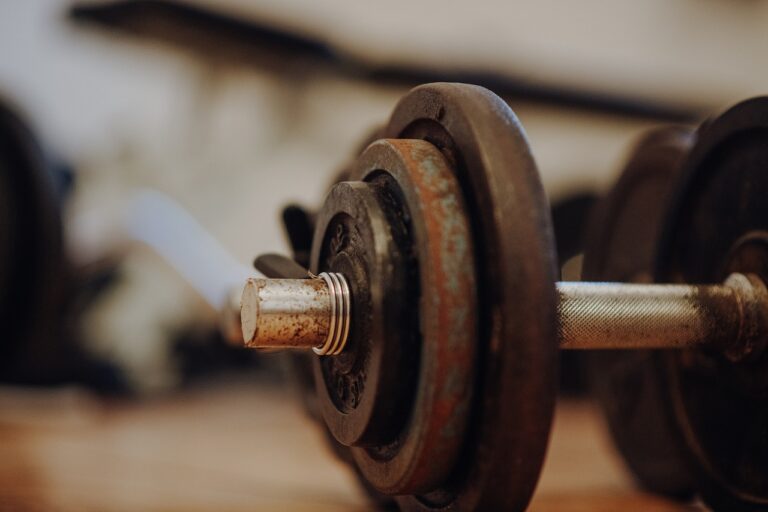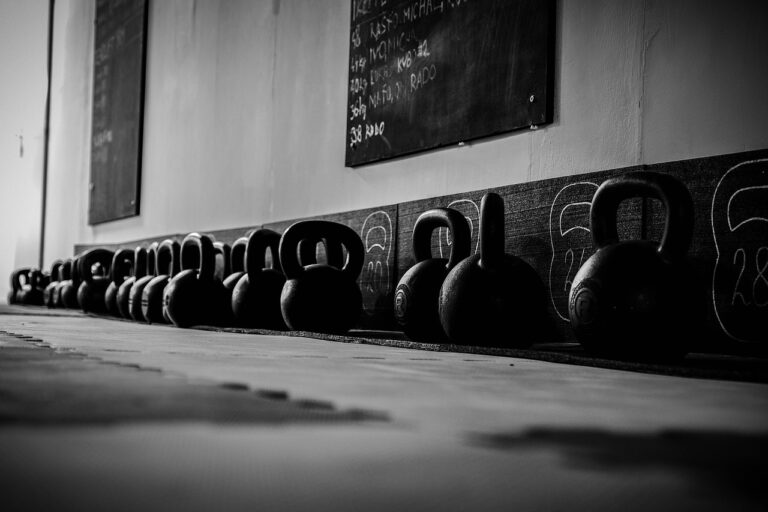Exploring the Health Benefits of Tai Chi: Mind-Body Exercise for Wellbeing
Tai Chi, also known as Tai Chi Chuan, is a centuries-old Chinese martial art that incorporates gentle movements, deep breathing, and meditation. It is often described as a mind-body exercise that promotes physical health, mental relaxation, and emotional well-being. In recent years, Tai Chi has gained popularity worldwide for its numerous health benefits and therapeutic effects.
History of Tai Chi
The origins of Tai Chi can be traced back to ancient China, where it was developed as a martial art and a form of self-defense. Legend has it that Tai Chi was created by a Taoist monk named Zhang Sanfeng in the 12th century. Over the centuries, Tai Chi evolved into a holistic practice that combines martial arts, meditation, and traditional Chinese medicine.
Health Benefits of Tai Chi
Research has shown that regular practice of Tai Chi can have a positive impact on both physical and mental health. Some of the key health benefits of Tai Chi include:
Improved Balance and Coordination
One of the most well-known benefits of Tai Chi is its ability to improve balance and coordination. The slow, deliberate movements of Tai Chi help to strengthen the muscles and improve proprioception, which is the body’s sense of where it is in space.
Reduced Stress and Anxiety
Tai Chi combines deep breathing and mindfulness techniques, which can help to reduce stress and anxiety. Studies have shown that practicing Tai Chi can lower levels of the stress hormone cortisol and improve overall mental well-being.
Enhanced Immune Function
Regular practice of Tai Chi has been linked to improved immune function. The gentle movements of Tai Chi stimulate the flow of energy, known as Qi, throughout the body, which can help to boost the immune system.
Increased Flexibility and Range of Motion
By moving through a series of gentle, flowing movements, Tai Chi can help to improve flexibility and range of motion. This is particularly beneficial for older adults, as it can help to alleviate joint pain and stiffness.
Lowered Blood Pressure
Studies have shown that practicing Tai Chi can help to lower blood pressure, which is a risk factor for heart disease and stroke. The relaxation techniques and gentle movements of Tai Chi can help to improve cardiovascular health.
Improved Mental Clarity
Regular practice of Tai Chi has been shown to improve cognitive function and mental clarity. The mind-body connection inherent in Tai Chi can help to sharpen focus, enhance concentration, and promote overall brain health.
How to Practice Tai Chi
Practicing Tai Chi is relatively simple and can be done by people of all ages and fitness levels. The key is to focus on slow, deliberate movements, deep breathing, and mindfulness. Here are some tips for getting started with Tai Chi:
Find a Qualified Instructor
It is important to learn Tai Chi from a qualified instructor who can teach you the proper form and technique. Look for classes at your local community center, gym, or martial arts school.
Start Slow
Beginners should start with the basic movements of Tai Chi and gradually work up to more advanced forms. Take your time to learn each movement and focus on proper alignment and breathing.
Practice Regularly
Consistency is key when it comes to reaping the benefits of Tai Chi. Aim to practice at least a few times a week to see improvements in your balance, flexibility, and overall well-being.
Listen to Your Body
Pay attention to how your body feels during and after practicing Tai Chi. If you experience any pain or discomfort, stop and consult with your instructor or healthcare provider.
FAQs
Q: Is Tai Chi suitable for all ages?
A: Yes, Tai Chi is a gentle and low-impact exercise that can be practiced by people of all ages, from children to older adults.
Q: How does Tai Chi differ from other forms of exercise?
A: Tai Chi is unique in that it combines gentle movements, deep breathing, and mindfulness techniques to promote physical, mental, and emotional well-being.
Q: Can Tai Chi help with chronic pain?
A: Some studies have shown that Tai Chi can help to alleviate chronic pain, including back pain, arthritis, and fibromyalgia.
Q: How long does it take to see results from practicing Tai Chi?
A: Results from practicing Tai Chi can vary depending on the individual, but many people report feeling more balanced, relaxed, and energetic after just a few weeks of regular practice.
Q: Can Tai Chi be practiced at home?
A: Yes, Tai Chi can be practiced at home once you have learned the basic movements from a qualified instructor. There are many online resources and instructional videos available to help you practice Tai Chi at home.
Q: Are there different styles of Tai Chi?
A: Yes, there are several different styles of Tai Chi, including Yang, Chen, Wu, and Sun. Each style has its own unique movements and forms, but they all share the same principles of slow, flowing movements and mindful breathing.







